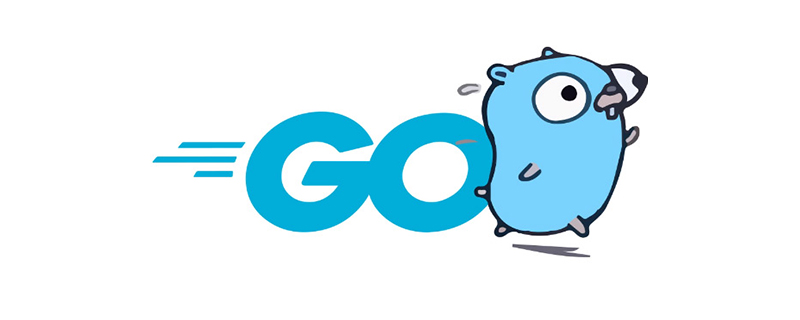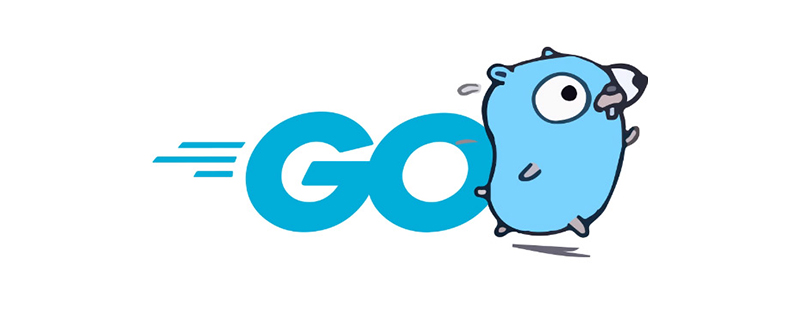 Backend Development
Backend Development Golang
Golang Golang string processing secrets: string variability and common operations
Golang string processing secrets: string variability and common operationsGo 语言中的字符串是不可变的,需要创建新字符串进行修改。常用操作包括:字符串连接、长度获取、比较、切片(取子字符串)、查找、替换、大小写转换、类型转换。实战案例中,演示了 URL 解析和字符串模板的使用。

Go 字符串处理秘籍:可变性与常用操作
可变性
Go 中的字符串不可变,这意味着一旦创建一个字符串,就不能对其进行修改。要修改字符串,需要创建一个新的字符串。
常用操作
以下是一些常用的字符串操作:
// 字符串连接
result := "Hello" + ", " + "World!"
// 字符串长度
fmt.Println("Hello, World!".Len())
// 字符串比较
fmt.Println("Hello, World!" == "Hello, World!")
// 字符串切片(取子字符串)
fmt.Println("Hello, World!"[1:7])
// 字符串查找
index := strings.Index("Hello, World!", "World")
fmt.Println(index)
// 字符串替换
result := strings.Replace("Hello, World!", "World", "Go", 1)
// 字符串转换大小写
fmt.Println(strings.ToUpper("Hello, World!"))
fmt.Println(strings.ToLower("HELLO, WORLD!"))
// 字符串转换为其他类型
number, err := strconv.Atoi("1234")
if err != nil {
// handle error
}实战案例
URL 解析
import "net/url"
url, err := url.Parse("https://example.com/paths/name?q=param")
if err != nil {
// handle error
}
path := url.Path
query := url.Query()
result := path + "?" + query.Encode()字符串模板
import "text/template"
const templateSource = "{{.Name}} is {{.Age}} years old."
tmpl, err := template.New("template").Parse(templateSource)
if err != nil {
// handle error
}
data := struct{
Name string
Age int
}
tmpl.Execute(os.Stdout, data)The above is the detailed content of Golang string processing secrets: string variability and common operations. For more information, please follow other related articles on the PHP Chinese website!
 php怎么将16进制字符串转为数字Oct 26, 2021 pm 06:36 PM
php怎么将16进制字符串转为数字Oct 26, 2021 pm 06:36 PMphp将16进制字符串转为数字的方法:1、使用hexdec()函数,语法“hexdec(十六进制字符串)”;2、使用base_convert()函数,语法“bindec(十六进制字符串, 16, 10)”。
 php怎么将字符串转换成小数Mar 22, 2023 pm 03:22 PM
php怎么将字符串转换成小数Mar 22, 2023 pm 03:22 PMPHP 是一门功能强大的编程语言,广泛应用于 Web 开发领域。其中一个非常常见的情况是需要将字符串转换为小数。这在进行数据处理的时候非常有用。在本文中,我们将介绍如何在 PHP 中将字符串转换为小数。
 golang怎么检测变量是否为字符串Jan 06, 2023 pm 12:41 PM
golang怎么检测变量是否为字符串Jan 06, 2023 pm 12:41 PM检测变量是否为字符串的方法:1、利用“%T”格式化标识,语法“fmt.Printf("variable count=%v is of type %T \n", count, count)”;2、利用reflect.TypeOf(),语法“reflect.TypeOf(变量)”;3、利用reflect.ValueOf().Kind()检测;4、使用类型断言,可以对类型进行分组。
 php 字符串长度不一致怎么办Feb 07, 2023 am 09:58 AM
php 字符串长度不一致怎么办Feb 07, 2023 am 09:58 AMphp字符串长度不一致的解决办法:1、通过mb_detect_encoding()函数查看字符串的编码方式;2、通过mb_strlen函数查看具体字符长度;3、使用正则表达式“preg_match_all('/[\x{4e00}-\x{9fff}]+/u', $str1, $matches);”剔除非中文字符即可。
 go语言怎么删除字符串中的空格Jan 17, 2023 pm 02:31 PM
go语言怎么删除字符串中的空格Jan 17, 2023 pm 02:31 PM删除方法:1、使用TrimSpace()函数去除字符串左右两边的空格,语法“strings.TrimSpace(str)”;2、使用Trim()函数去除字符串左右两边的空格,语法“strings.Trim(str, " ")”;3、使用Replace()函数去除字符串的全部空格,语法“strings.Replace(str, " ", "", -1)”。
 php字符串函数学习:怎么去掉前面的字符Mar 20, 2023 pm 02:33 PM
php字符串函数学习:怎么去掉前面的字符Mar 20, 2023 pm 02:33 PM在开发PHP应用程序时,有时我们需要去掉字符串前面的某些特定字符或者字符串。在这种情况下,我们需要使用一些PHP函数来实现这一目标。本文将介绍一些PHP函数,帮助您轻松地去掉字符串前面的字符或字符串。
 php怎么将字符串转为布尔类型Jul 01, 2021 pm 06:36 PM
php怎么将字符串转为布尔类型Jul 01, 2021 pm 06:36 PM转换方法:1、在转换变量前加上用括号括起来的目标类型“(bool)”或“(boolean)”;2、用boolval()函数,语法“boolval(字符串)”;3、用settype()函数,语法“settype(变量,"boolean")”。
 php字符串部分乱码怎么办Jan 20, 2023 am 10:18 AM
php字符串部分乱码怎么办Jan 20, 2023 am 10:18 AMphp字符串部分乱码的解决办法:1、使用“mb_substr(strip_tags($str),0,-1,'UTF-8');”截取字符串;2、使用“iconv("UTF-8","GB2312//IGNORE",$data)”转换字符集即可。


Hot AI Tools

Undresser.AI Undress
AI-powered app for creating realistic nude photos

AI Clothes Remover
Online AI tool for removing clothes from photos.

Undress AI Tool
Undress images for free

Clothoff.io
AI clothes remover

AI Hentai Generator
Generate AI Hentai for free.

Hot Article

Hot Tools

mPDF
mPDF is a PHP library that can generate PDF files from UTF-8 encoded HTML. The original author, Ian Back, wrote mPDF to output PDF files "on the fly" from his website and handle different languages. It is slower than original scripts like HTML2FPDF and produces larger files when using Unicode fonts, but supports CSS styles etc. and has a lot of enhancements. Supports almost all languages, including RTL (Arabic and Hebrew) and CJK (Chinese, Japanese and Korean). Supports nested block-level elements (such as P, DIV),

SublimeText3 Linux new version
SublimeText3 Linux latest version

Notepad++7.3.1
Easy-to-use and free code editor

PhpStorm Mac version
The latest (2018.2.1) professional PHP integrated development tool

Dreamweaver CS6
Visual web development tools





